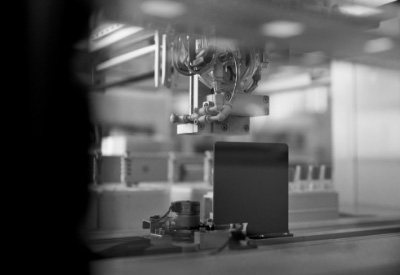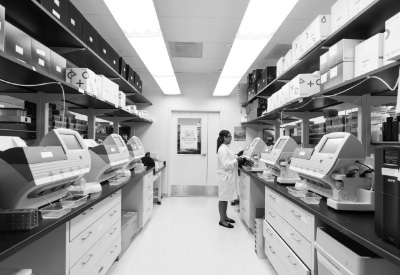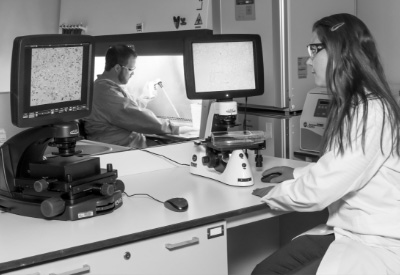
The deep sea, a vast and mysterious frontier, holds immense potential for exploration and discovery. According to The Nippon Foundation-GEBCO Seabed 2030 Project, 75.1 percent of the ocean is unmapped, unobserved, and unexplored. The demand for reliable and sustainable power sources in this harsh environment is at an all-time high, requiring the development of new power sources to break down existing barriers and revolutionize ocean exploration.
City Labs stands at the forefront of innovation as the need for reliable and sustainable power sources for microelectronic devices in the deep sea becomes increasingly evident. Our pioneering journey is all thanks to the numerous benefits and the variety of potential tritium battery applications afforded by our NanoTritium™ batteries. City Labs possesses immense potential to spearhead innovative solutions that cater to the critical demands of new deep ocean exploration advances.
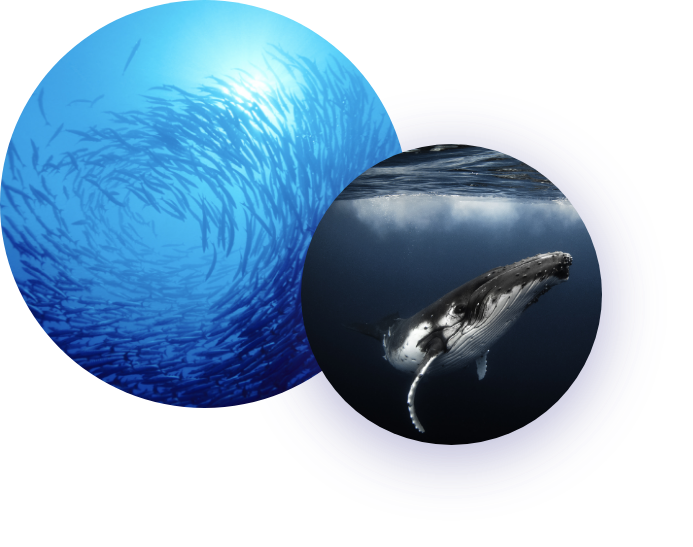
City Labs’ NanoTritium™ Batteries: An Innovative Solution for Deepwater Exploration
City Labs’ patented NanoTritium™ batteries are built to overcome the limitations of lithium-ion batteries in harsh deep-sea environments and serve as compelling, low-cost power sources to ensure the successful operation of microelectronic devices in the deep sea. This innovative nuclear battery technology provides a stable and sustainable energy supply for extended periods of time, even in the harshest conditions.
Robust Design and Durability to Enable Deep Sea Discoveries
Extensive third-party testing allows City Labs to boast the exceptional resilience of NanoTritium™ batteries with the utmost confidence. City Labs’ NanoTritium™ batteries are remarkably durable and ideal for deep-sea applications. Moreover, these nuclear batteries are impervious to thermal runaway, making them a safe and efficient power solution in challenging underwater environments.

The Risks of Lithium-ion Batteries in Deep Water
Historically, deep-sea devices have been primarily powered by lithium-ion batteries. However, these power sources face significant challenges due to the harsh environmental conditions associated with deep ocean exploration. These limitations pose inherent risks in deep-water scenarios, leading researchers and industry experts to seek alternative solutions.

Pressure Susceptibility
As humans venture deeper into the ocean, the environment becomes increasingly challenging for lithium-ion batteries to perform optimally. One significant risk associated with using these power sources as subsea batteries is their susceptibility to pressure. Voyages to extreme depths can greatly exceed this type of battery's operational tolerance, leading to catastrophic failures or reduced efficiency.

Thermal Runaway
Thermal Runaway Another concerning issue with lithium-ion batteries in deep-water applications is their propensity for thermal runaway. Excessive heat generation can cause the battery to catch fire or explode, and the typical lack of effective onboard cooling mechanisms in deep sea crafts exacerbates this risk.
Potential Deepwater Applications for NanoTritium™
Oceanographic Sensors and Data Loggers
NanoTritium™ batteries could be used to power remote oceanographic sensors and data loggers. These low-power devices collect valuable data on ocean currents, temperature, marine life, and other ocean phenomena.
City Labs’ novel power sources would grant researchers new means to gather critical information from deeper and more remote areas of the ocean, enhancing our understanding of ocean trends and ecosystems with broad implications ranging from marine biology to climate studies.
Autonomous Underwater Vehicles (AUVs)
As noted in Hamilton and Patel’s article “Nuclear Batteries for Maritime Applications,” chemical batteries do not have enough energy density to power underwater unmanned vehicles for hundreds of miles or oceanic sensors for months on end. NanoTritium™ batteries could help address oceanic and AUV sensors and enable extended missions that are not feasible with conventional batteries. Their potential to power deep-sea actuators and other devices make them an efficient solution to long-standing issues. These batteries would provide the enhanced endurance and longevity needed for AUVs to safely explore deeper and more challenging underwater regions, expanding the possibilities for scientific research and exploration.
Advanced Imaging Systems for Underwater Drones
Outer space isn’t the only great unknown that could benefit from advanced image sensors powered by NanoTritium™ batteries. These novel power sources would also greatly support underwater drones and AUVs equipped with advanced imaging systems. By facilitating high-resolution ocean floor mapping, these drones would contribute to our understanding of marine ecosystems and geological features.
Subsea Communication Systems
NanoTritium™ batteries would also be ideal for supporting subsea communication systems, enabling real-time data transmission from underwater sensors and instruments to the surface. This capability is crucial for several industries, including offshore oil and gas, renewable energy, and environmental monitoring.
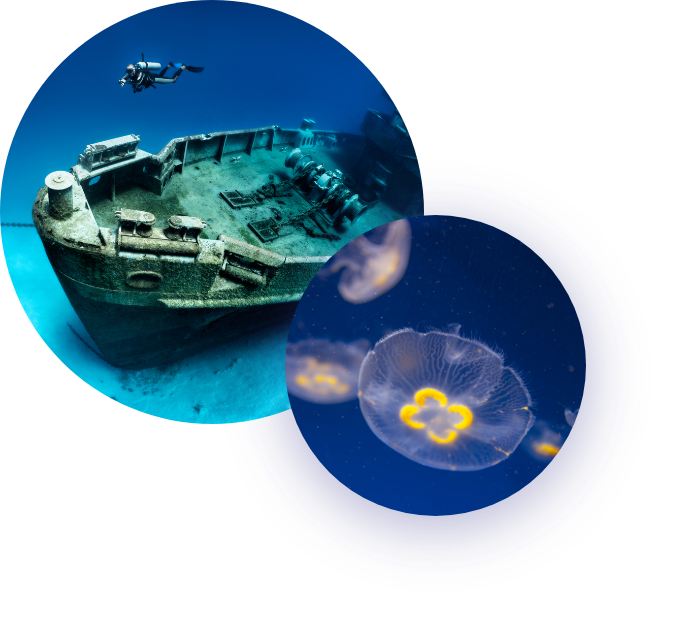
City Labs and the Future of Deep Sea Exploration
City Labs’ highly durable, long-lasting, and customizable nuclear battery products offer game-changing solutions that overcome the limitations of traditional lithium-ion batteries in harsh deep-sea conditions. The potential applications of these innovative power sources are vast and diverse, holding great promise to unlock new possibilities in ocean exploration and research.
City Labs has partnered with engineering and technology leaders worldwide to break barriers in the space, medicine, and defense industries. If you’re eager to join forces with us and delve into the ocean frontier, reach out to us today.
The Nuclear Battery Company With a Vision
Ready to power your next innovation or learn more about our technology?
Contact Us Today
